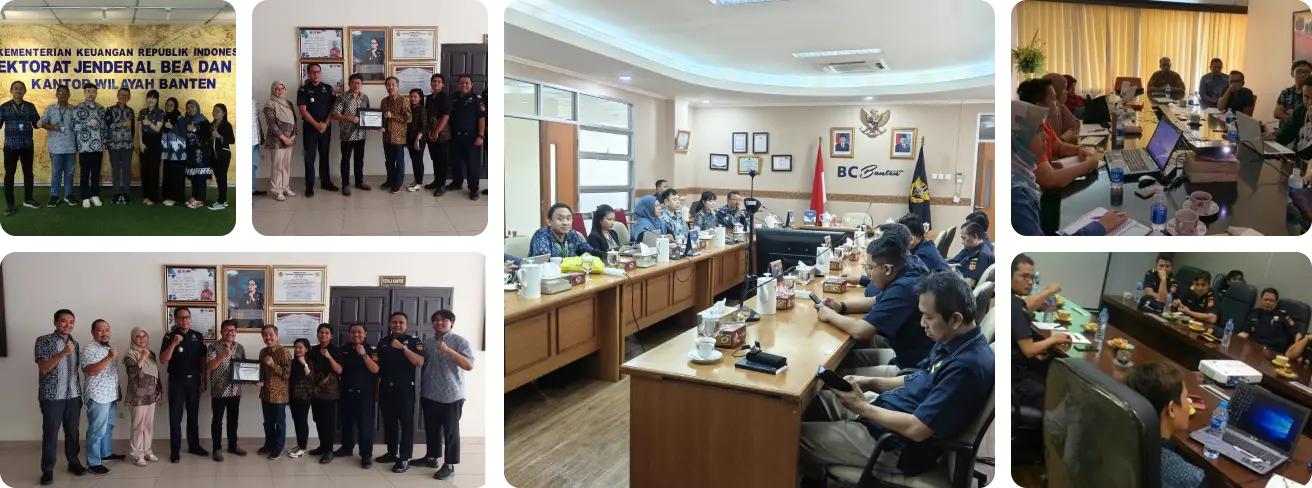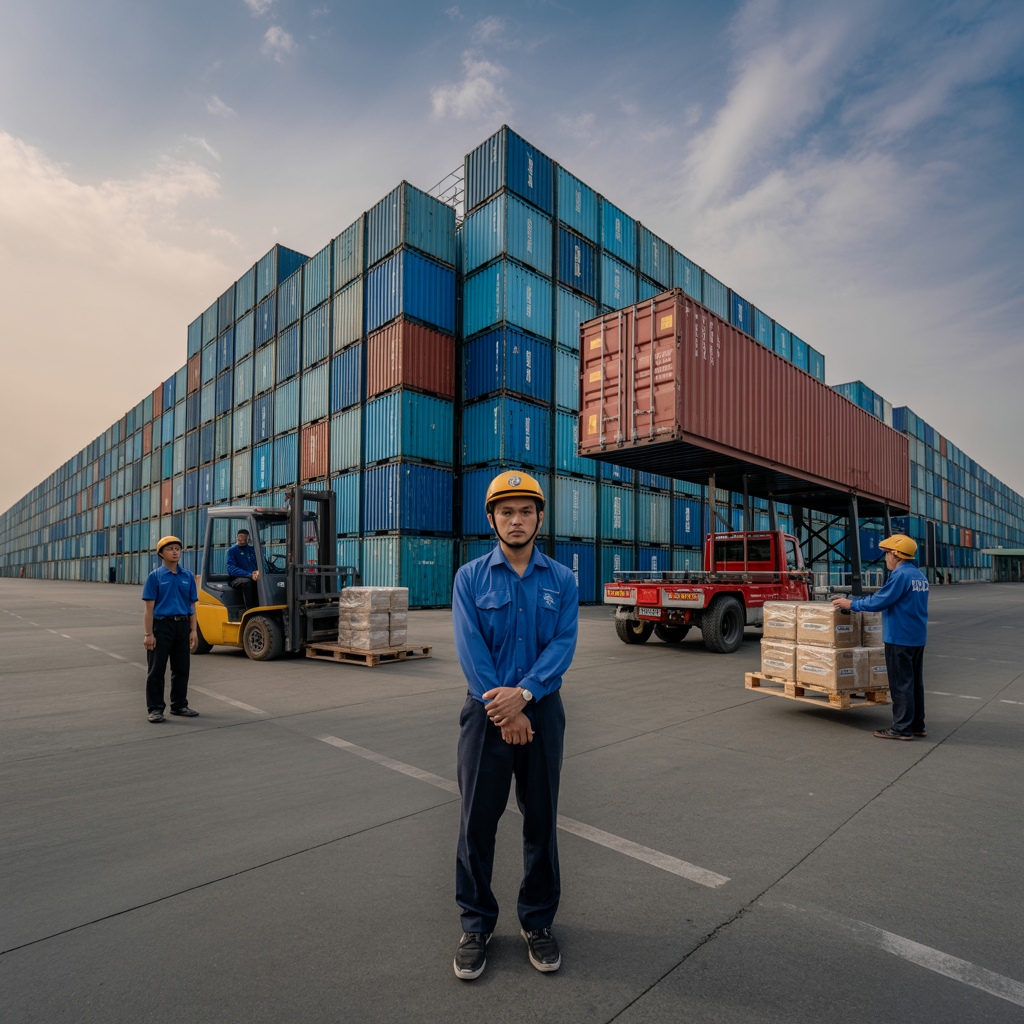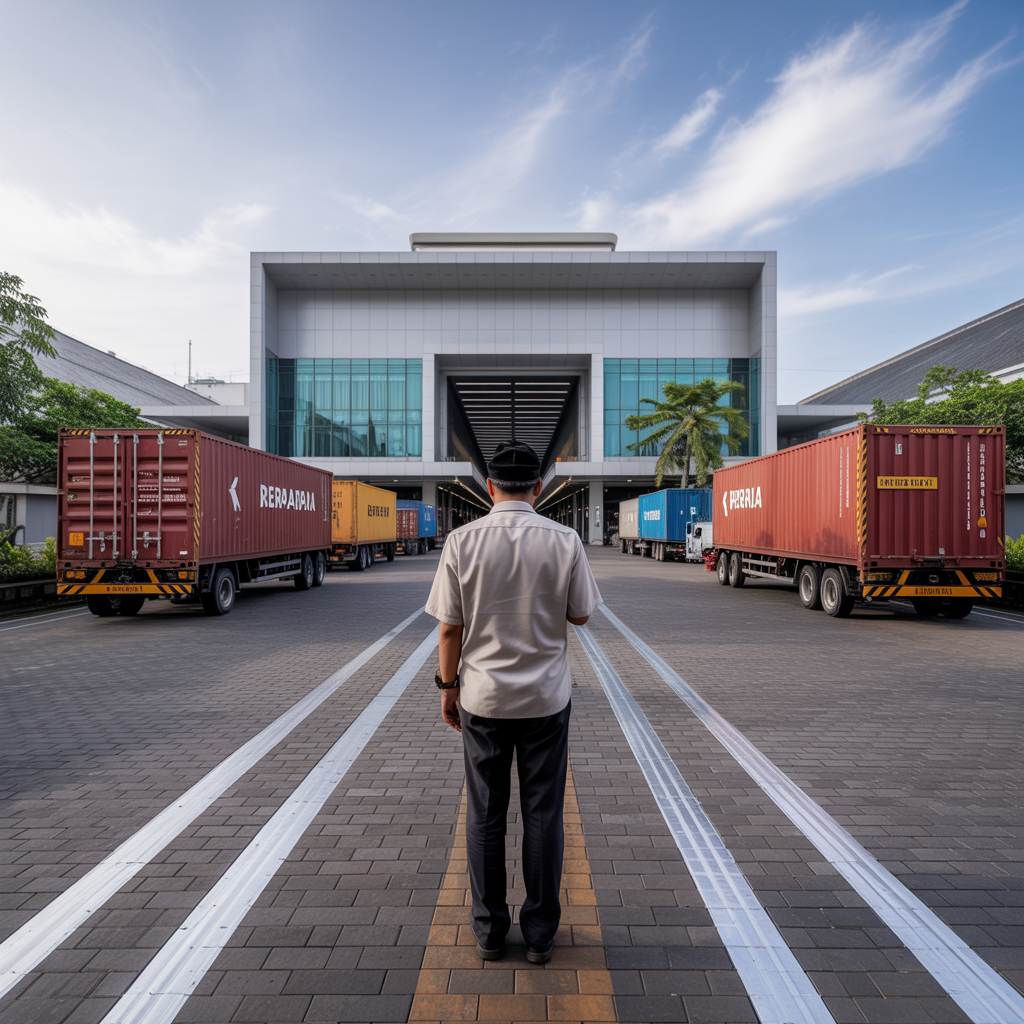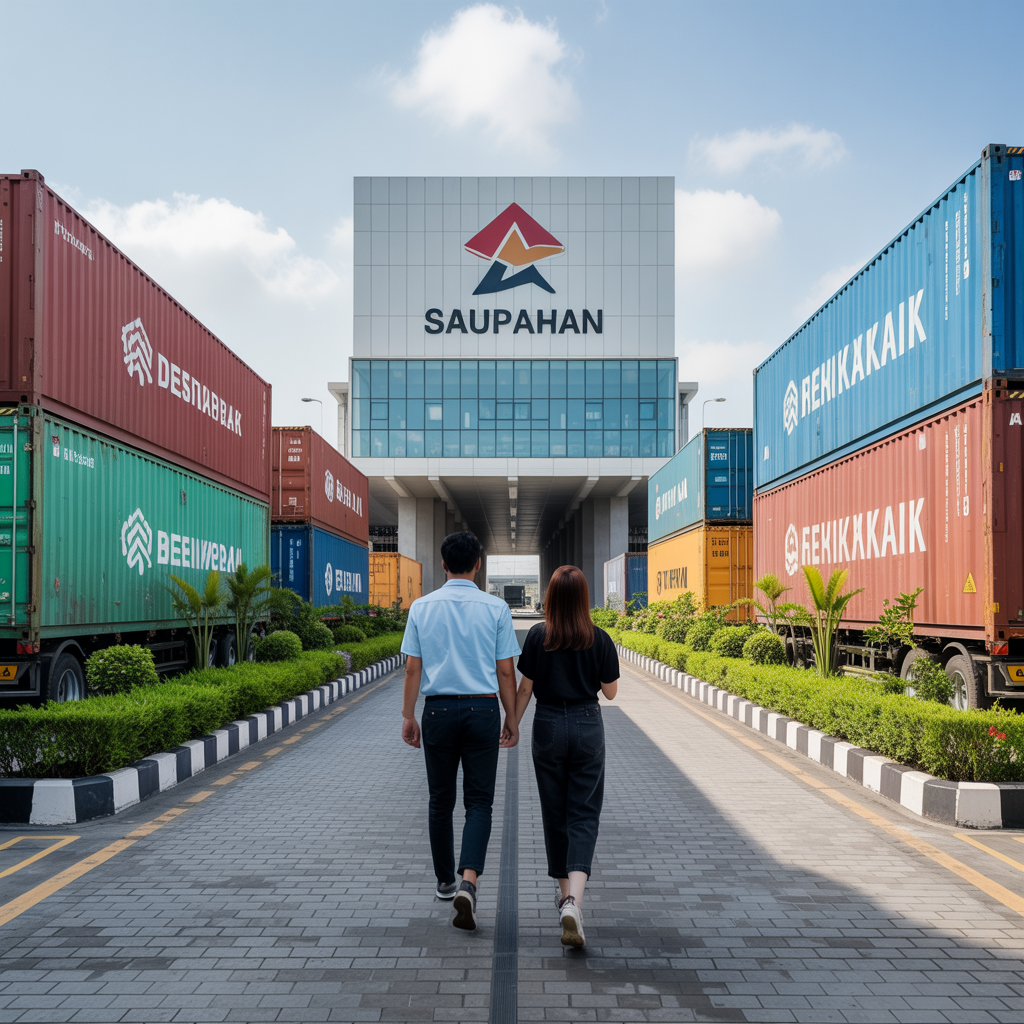Bonded zones in Indonesia are extremely strategic areas for industrial development and export enhancement inland. According to the latest regulations in 2025, bonded zones offer various attractive facilities, including the suspension of import duties and ease of customs processes aimed at enhancing the competitiveness of the manufacturing industry and attracting foreign investment. The government hopes that with these bonded zones, a more conducive international trade ecosystem can be created, attracting both domestic and foreign businessmen.
One of the main benefits of bonded zones is the advantageous tax facilities for companies. With the suspension or even exemption of import duties and taxes, companies can significantly reduce production costs. Thus, the products produced are more competitive in the global market. In addition, ease in customs procedures and efficient bureaucracy help speed up export and import processes, reducing the waiting time for goods at ports. This sharpens the operational effectiveness and efficiency of industry players.
In 2025, there are regulatory updates allowing for increasingly sophisticated digital technology utilization in bonded zones. With this digitalization, monitoring and supervision processes become more transparent and accountable, minimizing the potential for violations and easing the implementation of related regulations. On a broader scale, bonded zones are expected to become the driving force of industrialization in Indonesia, supporting economic growth, and creating new job opportunities. This infrastructure benefits not only large industries but also local SMEs, boosting national production and export capacity.










